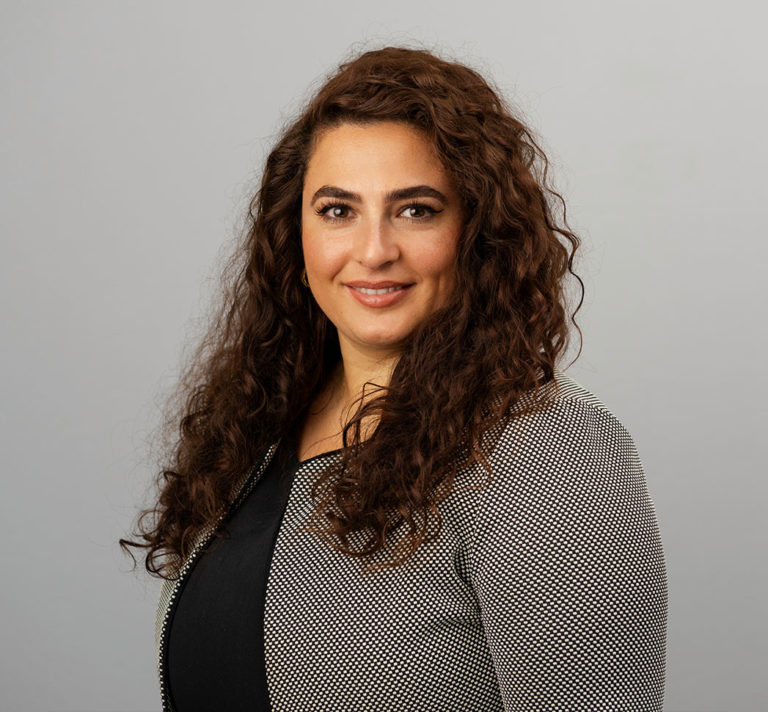Resolve at Hunters: FAQ
What is Resolve?
It’s a constructive service where both of you can get advice from the same lawyer and collaborate on a fair outcome. Because you’re seeing the same lawyer, it’s less likely to raise tensions between you – but you’ll still get tailored legal advice from a highly experienced specialist.
To make sure Resolve’s right for you, we’ll meet with you separately first so we know you understand the process and we can make sure it’s in both your best interests to try it.
Is one lawyer allowed to advise both of us?
Yes. Solicitors can’t act for two clients whose interests do or could conflict. But if you have a common interest in reaching a fair resolution without going to court – and if we’re satisfied that we can reasonably act for you both – we can. Of course, you both need to agree to it.
That doesn’t mean you have to have the same idea of what you want as an outcome going in. The important factor is that you’re both willing to negotiate and work together to bridge those differences. If you find you can’t, then we’ll advise you that we can’t act for you anymore, and let you know your options from there.
Can we use Resolve to agree arrangements for our finances and our children?
Yes. As long as you’re both willing to negotiate and work together towards an outcome that meets your needs or, where they’re involved, your children’s welfare.
What happens if we reach an agreement?
We’ll give you 14 days to ‘cool off’ and make sure you’re agreed that the outcome is right for you now and in the future. If you both confirm you want to go ahead, we’ll get the paperwork in order.
Financial agreements need a draft court order. That goes before a judge to be approved and sealed, which makes it binding. Arrangements for children usually don’t need a court order, so we can prepare a parenting agreement for you.
Is Resolve right for us?
We created Resolve for couples who are willing to negotiate and work together to come to an agreement that works for both of them and, if they’re involved, their children.
We won’t recommend Resolve if:
- There’s a history of abuse, a safeguarding concern, or a significant power imbalance
- One of you feels under pressure, is unwilling to negotiate or won’t fully disclose finances or other information
- The case is especially complex – for example if one of you wants to relocate abroad with the children
- There are concerns about unlawful acts (such as fraud)
- There’s a clear conflict or disputed facts.
Will I have to sit in the same room as my spouse?
If that poses a problem, then Resolve likely isn’t right for you.
There are other options, though – and we can act for one of you in all of them (unless we’ve already advised you both together through Resolve). These include:
- Hybrid mediation, where the mediator shuttles between you and your spouse and you each have your own lawyer with you
- Solicitors’ negotiations, where each of you has a solicitor negotiate on your behalf
- Arbitration, where an independent expert makes a legally binding decision after hearing from each of your lawyers.
Can we do Resolve over Zoom?
It’s usually better to hold meetings in person. But if there’s a particular reason why remote calls would be helpful (like disabled access), we can discuss it.
How long does it take?
Using one lawyer instead of two tends to be faster. But of course, it depends on how complex the situation is.
We’d expect a financial case to take at least three to four months to get to the point where we’re ready to submit an agreed draft order to the court.
Can I take my own legal advice as well?
Of course you can, and that remains private to you. But the idea is that you shouldn’t need to.
Our assets are quite complex. Can we use Resolve?
Yes, absolutely – we’re very experienced with complex cases. As needed, we also bring in other financial specialists, like accountants, independent financial advisors or pensions specialists.
I think I will also need some financial advice. Can that be part of the process?
Yes. Solicitors are generally not allowed to give financial advice, but we can call on specialists like accountants or independent financial advisors as needed. Their advice will be to both of you, but you can also take separate advice individually if you want.
Will our agreement be binding? What if I change my mind?
Once you come to an agreement, we give you 14 days to think it over. If you both agree you want to go ahead, then we’ll get on with the paperwork.
In financial cases, once the court has agreed the order it’s binding – just as it would be if you’d come to it through a different process.
For cases involving children, we don’t usually seek a court order. And arrangements might need to change as children’s needs and wishes change. We’d recommend a written parenting agreement to help keep you both on the same page.
What if we can’t reach an agreement?
If you can’t work things out, then that means there’s a conflict – and a single lawyer can’t act for you both anymore. We’ll let you know what your other options are. They might include:
- Hybrid mediation, where the mediator shuttles between you and your spouse and you each have your own lawyer with you
- Solicitors’ negotiations, where each of you has a solicitor negotiate on your behalf
- Arbitration, where an independent expert makes a legally binding decision after hearing from each of your lawyers.
We can’t act for either of you in these processes since we’ll have acted for you both through Resolve.
If we don’t reach agreement through Resolve, can a Resolve lawyer be involved later?
No. None of Hunters’ family lawyers would be able to advise either of you and you would each need to instruct a new lawyer.
What are the benefits of Resolve?
On a practical level, using one legal team instead of two tends to be faster and less expensive. Emotionally, it can also be easier – we’re advising you together, so there’s less tension. The process is designed to be constructive so you can aim to maintain an amicable, respectful relationship.
You also both have more control over the outcome. Involving a judge opens you up to an unpredictable result, and you can come up with a more bespoke arrangement compared to the court’s more limited range of options.
Does Resolve have any drawbacks?
If you want your own lawyer so you can feel like someone’s ‘on your side’, Resolve is likely not for you.
And if you try it but can’t come to an agreement, none of our family law team can represent either of you when you explore other routes (like mediation).
How is Resolve different to mediation?
Mediators don’t give legal advice, even if they’re lawyers. They’re there to facilitate a discussion, and you’ll have your own lawyer.
In Resolve, the lawyer gives you both legal advice. That’s why we can’t carry on acting for either of you if you don’t come to an agreement through Resolve and pursue another route.
Can you manage the divorce paperwork as well?
Yes. You can apply online jointly to end your marriage. We can advise you on how to do that or manage the paperwork for you.
Is Resolve suitable for couples who cohabited but were not married?
Sometimes, yes – depending on the issues in question. Get in touch and we can talk it through.
Is it expensive?
It should work out less expensive than other processes because you’re only paying for one lawyer, rather than two.
Is Resolve regulated?
All forms of legal advice are regulated by the Solicitors Regulation Authority; that includes Resolve.
We’ve based it on the Resolution Together model created by Resolution, an association of family lawyers.
Our Resolve experts
To help you navigate sensitive situations, we need to really get to know you. Let us start by introducing ourselves.

























